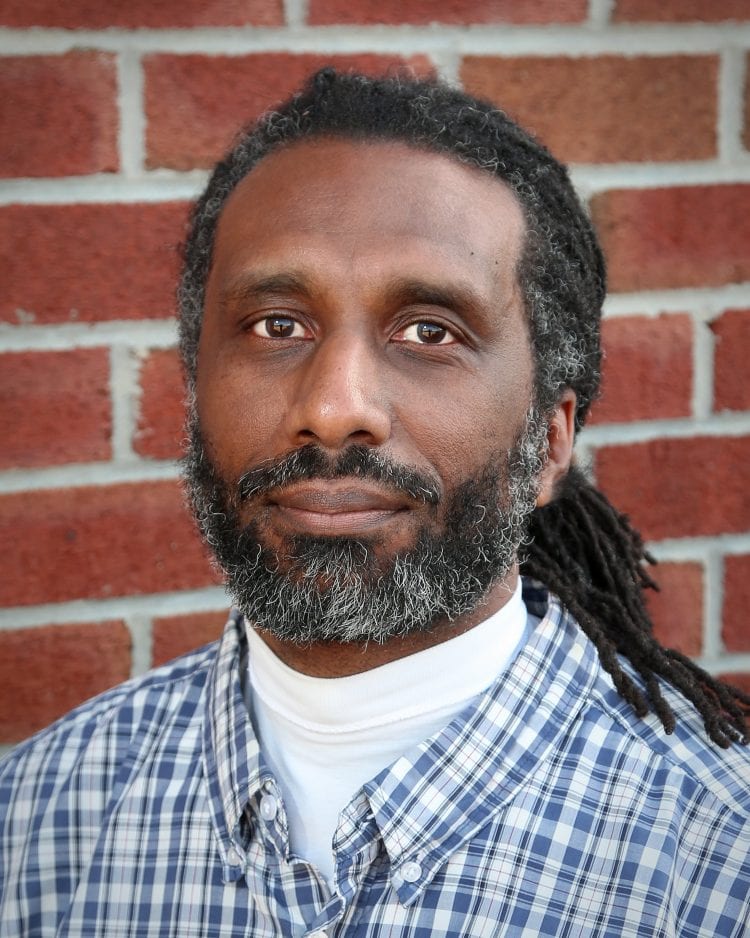
M
919.772.1990
Browse Blog
Listen In
919.772.1990
Browse Blog
Listen In
Quick Links
Services
Medication Management
One80 Locations

(I’m writing as an LMFT who follows Jesus. For readers who do not follow Him, what I’m writing can still be helpful to you.)
The reason God is so forgiving is that He is so relational.
Forgiveness is God’s passion for reconciliation. His passion for reconnection.
God, the Creator, misses His creatures. To Him, their absence makes a difference.
So, when I’m dealing with unforgiving people or unforgiving couples, I’m wondering:
Does the unforgiven person’s absence make a difference?
If you are mad at someone, and you haven’t forgiven them, do you miss them?
Are you okay without them? Are you okay sleeping in separate rooms…not talking to each other…not being with each other?
I tell couples all the time: I can’t do couples therapy unless you are a couple. Unless you actually want to be together. Unless you miss each other when things aren’t right.
Effective communication and conflict resolution are easy when two people love and like each other. And when they love and like each other, they want to forgive each other. They want things to go back to being good between them.
If they don’t, if they don’t want things to be back to the way it was, if they don’t want to forgive each other, then what am I to do as a couple’s therapist?
Some might say, “I can forgive, but I can’t forget.” (Or “I won’t forget.”)
This is where I share 4 options in relationships where forgiveness is an issue:
The fourth option is the unhealthy option. It’s an option that tends to result in resentment or punishment…staying in a relationship with an enemy…for whatever reason.
Sometimes the person in the 4th option wants option 1 but doesn’t know how to get there. Therapy helps with that…as long as they want option 1…as long as they miss the way things used to be, the way they used to be. But I can’t stress enough, that there has to be a desire to
return to the way things were…something to return to. If there isn’t, then forgiveness can’t happen because forgiveness is a passion for reconciliation and reconnection.
So what are you to do if you are struggling to forgive someone?
Consider the options–especially options 1-3.
Understand that option four is unhealthy…which leads to what to consider most importantly. Consider the unforgiven person. Think about who they are to you. If you can live without this person, if their absence makes no difference, then options 2 and 3 are the best options. It boils
down to that. Forgiveness assumes you want to be back in a relationship with this person–but if you don’t, then know that being enemies is not a relationship.
This means options 2-4 are ultimately the same–the end of a relationship.
In the truest sense of the word, forgiveness means you don’t want the relationship to end

Olatunde Howard, MA, LMFT
Olatunde is a Licensed Marriage and Family Therapist. Read Full Bio
ARE YOU “TOO SENSITIVE?” by Olatunde Howard, MA, LMFTOr too serious...or too intense...or too focused...or too anything? I am. At least that’s what I’ve been told most of my life. In fact, my...
The One Thing Necessary for Couples to Make It by Olatunde Howard, MA, LMFTI love working with couples. It’s an honor for me to share in their world for a little less than an hour. They can be fun...
For real. Like, when you go into an office, room, or place, do you leave feeling…agitated? But can’t quite put your finger on why? Then later you think, “It was the vibe of the place. That’s what it was!” And after you think about what the vibe was, it dawns on you.